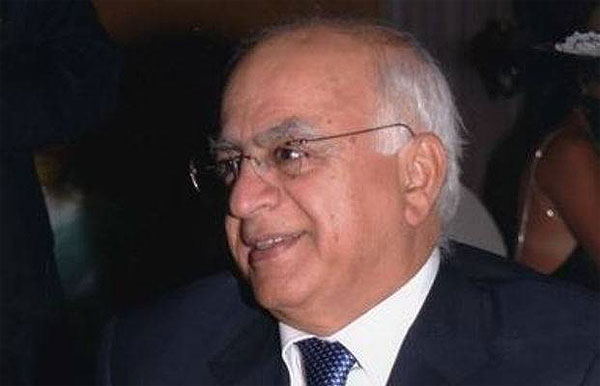19/02/2019
19/02/2019

It is a known fact that oral news reports (or orders given orally) are subjected to change or alteration, even assuming good intention. The change becomes bigger with the increased complexity of the sent material, its length, the degree of illiteracy of the society and its increased reliance on oral instructions and ideas and when transmitted to others by the same means, oral.
To prove this, one asked about 30 people from different cultural backgrounds, without the knowledge of each other to queue up behind each other. He asked the one who stood at the end of the line to turn and face him and to do the same movement he would do in front of him completely, using his hands and legs.
Then he asked him to turn and ask the person standing in front of him in the queue to turn around and face him and ask him to perform the same movement, and so on.
In the end he requested the person who was first in the queue and the other who was at the end to face everyone and perform the movement. It was surprising that the movement they performed were quite different, as they changed slightly from one person to another in the queue until it reached the last which saw the complete change.
The same applies to news transmitted orally from one person to another, because by the time it reaches the substance changes completely. Therefore, we consider that the cultures and customs of the peoples of our region are mostly oral, and the most creative in their history are the poets, for the absence of other forms of creativity, who keep their poems in their mind and do not often write them.
The same also applies to oral contracts and covenants. There were no marriage contracts until for a short time, and the reason for their absence was the lack of religious texts on the need for documenting, the scarcity of the tools to do that, and the impossibility of keeping a contract in a safe place, and the same goes with treaties, conventions and other texts.
Therefore, we feel happy when we have an old photograph, a historical letter or an old contract. Two days ago, I received a message on WhatsApp -- two copies of electricity consumption bills from the Kuwait Electricity Company Limited dated March 1, 1972. It is issued under the name of Sheikh Abdullah Al-Salem, which is about 80 fils in the currency of the day. The other is due to the belongings of brother Adel Al-Mughni and the date of March 1937 is 56 rupees, and the two bills will be canceled if the bill is not paid within four days.
The scarcity of such written references, and the few parties that have preserved images of them and others, confirm that we are still living in simple societies, and we do not often bother to chronicle history and events, no matter how much or how important they are, so we have the right to doubt any text that was written or said decades or centuries after their occurrence.
In an earlier article, I mentioned that the agreement to establish the Kuwait Oil Company, the most dangerous in the history of Kuwait, had no origin in the government archives until the 1970s, when the late Yusuf Ahmad Al-Ghanim took note of the matter and conveyed the news to Sheikh Jaber Al-Ali, the then Minister of Information, who ordered to search for it and keep it and that is what has been done.
Perhaps for all these reasons we do not get furious and cause problems when a government official tells us that the file of our transactions is lost because this is the core of our heritage!
e-mail: [email protected]
By Ahmad Al-Sarraf


